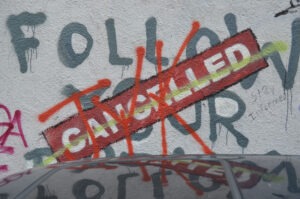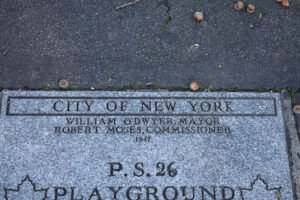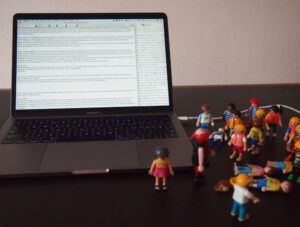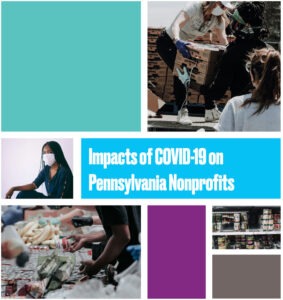October 20, 2015; Pittsburgh Post-Gazette
Pennsylvania and Illinois have at least one thing in common: Unresolved battles between their governors and legislatures have left them without approved budgets. But unlike Illinois, Pennsylvania’s leaders were unable to reach an interim agreement to fund public schools, leaving local districts and charter schools with the burden of finding operating funds until a budget is agreed upon and funds can flow to them again.
The options before school districts were to draw on their reserve funds and/or to borrow funds. Both would add unexpected costs for a district to fund, and for those districts already facing tight budgets, risk causing further reductions to their educational programs.
After months of government inaction, the burden got big enough for one district to seek an alternative. In September, as reported by GoErie.com, “Erie school superintendent Jay Badams said he is ‘seriously considering’ exploring a temporary district shutdown or asking district employees to work without pay in light of the ongoing state budget impasse.”
The Erie School Board “gave the district the ability to open a $30 million line of credit it needs to cover day-to-day operating expenses through the end of the year.” But the district’s administration was worried about the cost of drawing on a line of credit:
The district has not yet opened the line of credit, but will have to take some type of action soon. It has no cash reserves, and it will not be able to make payroll after Sept. 25, Badams said. Borrowing comes at a cost to taxpayers…$40,000 in origination fees alone and more than $200,000 in interest and fees if a budget is not passed until December, based on terms offered by the one bank so far willing to loan the money.
The Pittsburgh Post-Gazette reported that on Monday, October 19th, Badams sent a letter to the state treasury seeking a $47 million no-interest loan to be repaid once the budget was enacted. Governor Tom Wolf said no.
Sign up for our free newsletters
Subscribe to NPQ's newsletters to have our top stories delivered directly to your inbox.
By signing up, you agree to our privacy policy and terms of use, and to receive messages from NPQ and our partners.
Treasury spokesman Scott Sloat said the Treasury doesn’t make loans, but if the state education department determined that payments to schools were justified as “a critical and necessary function of state government,” Treasury would consider making a payment. […] Wolf said he is sympathetic to the plight of school districts who are not receiving state subsidies due to the budget impasse, but won’t authorize any such payment until a budget is in place.
Governor Wolf offered an alternate approach that might make borrowing cheaper, but not cost-free. “Our administration is working with districts and Treasury to offer intercept agreements to school districts that will guarantee loans for districts and enable them to obtain lower interest rates on the loans.”
Charter schools in Pennsylvania faced the same challenge, since their share of state funding is channeled through local school districts. Cash-strapped local districts were unable to provide much help, leaving charters struggling alongside them. The Morning Call observed that the state had acted to ease the burden on Charter.
School districts that have withheld payments to charter schools amid the budget impasse in Harrisburg were angered to learn in the past week that the state has been paying the schools with gaming revenues. To make the situation even more difficult for Pennsylvania’s local school districts, the State Board of Education decided to one source continuing funding toward charter school operators.
The state’s action has only made a tense relationship tenser. As WNEP News reported, “Charter schools across the Commonwealth may have found a loophole to get state money during the budget impasse. Public schools have been looking for ways to make ends meet without money from Harrisburg and now casino money is being diverted to those charter schools…The State Department of Education has opened up some money from a tax on slot machines. However, much of that casino cash is going to charter schools and has public school leaders shaking their heads.”
Here, as in Illinois, there does not seem to be any hurry on the part of political leaders to end the standoff and return things to “normal.” Their battle about the role of government, taxation and other big-picture issues leaves bigger and bigger problems for those who serve their citizens to solve. The costs of stalemate are real, but not equally shared. And those asked to pay the cost are often those least able to afford the tab.—Martin Levine












